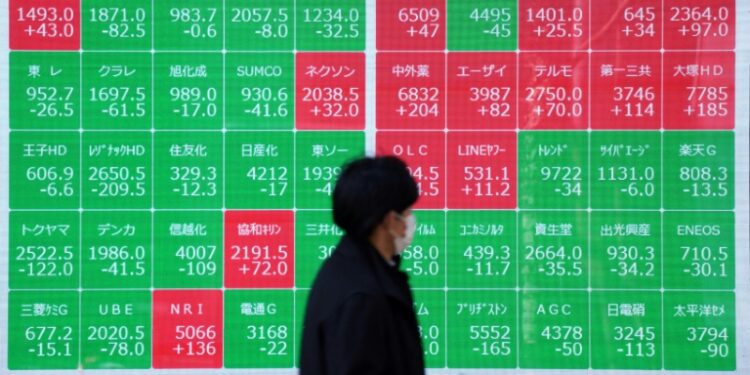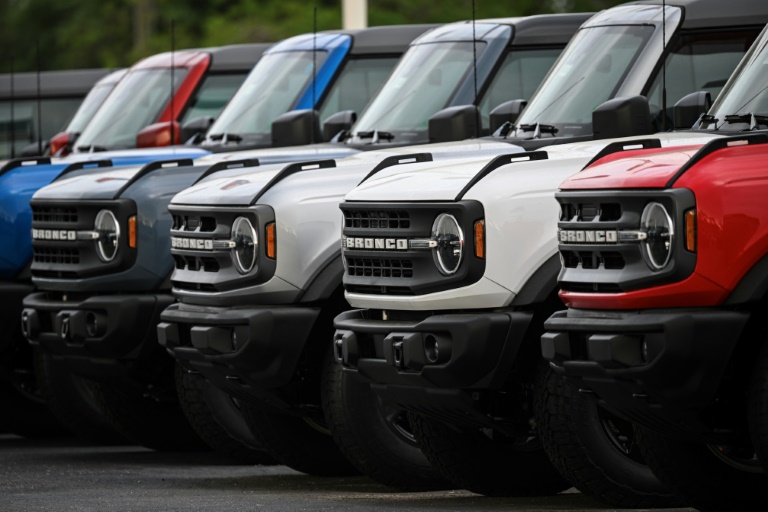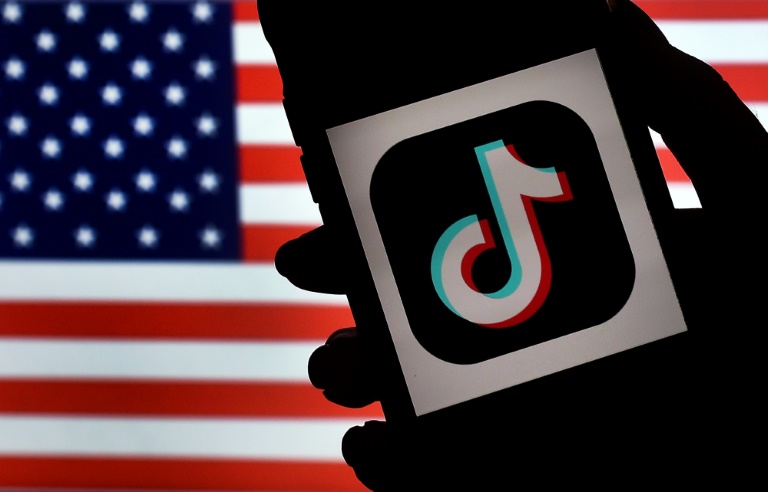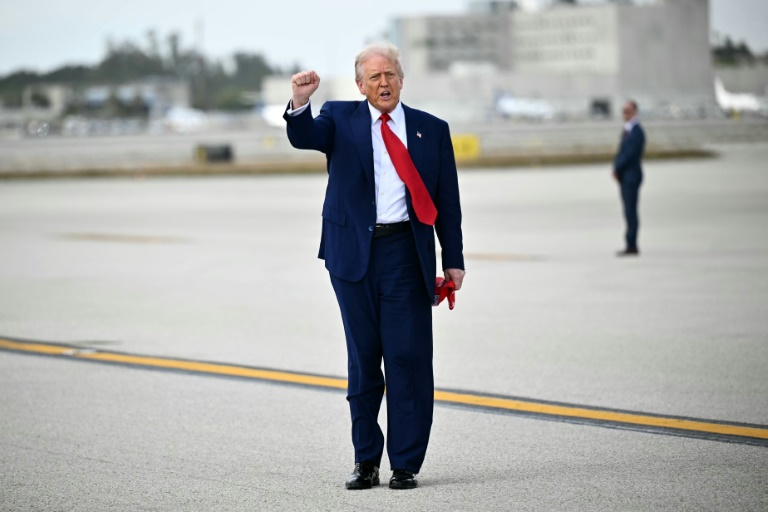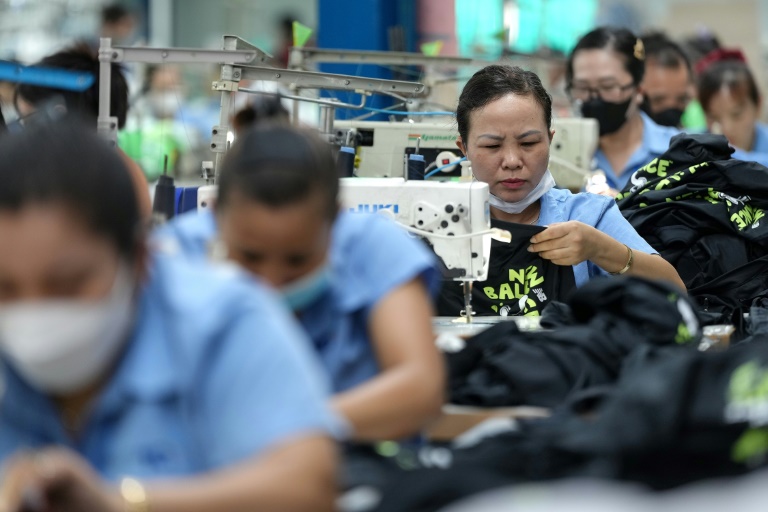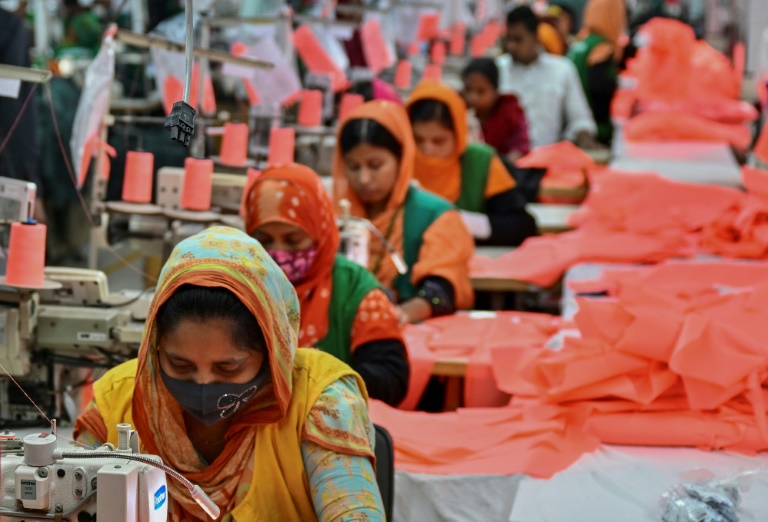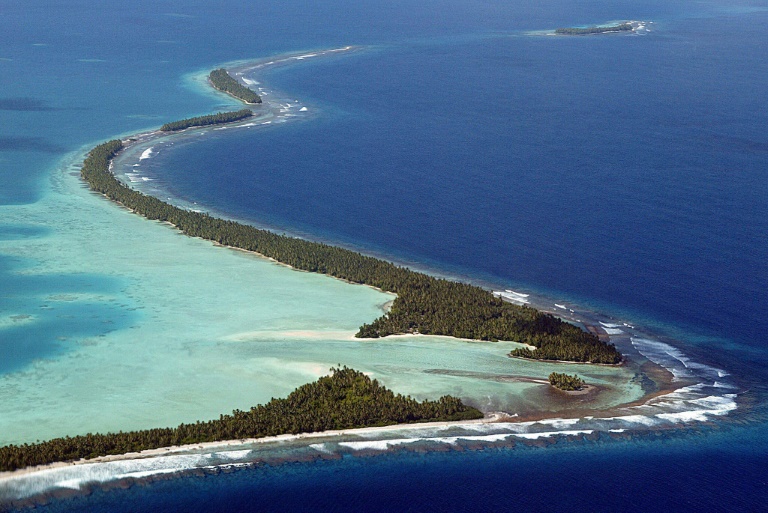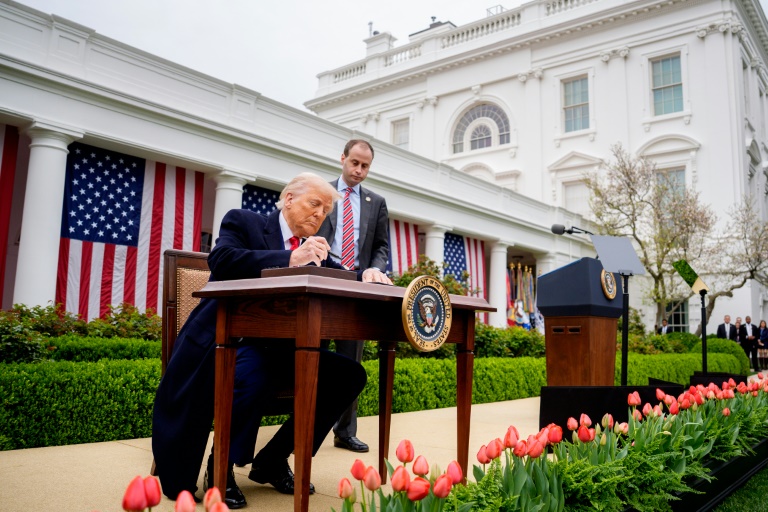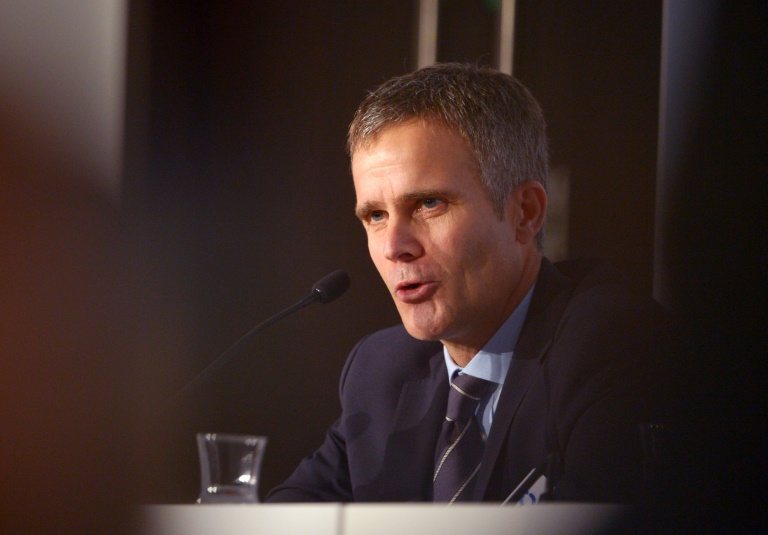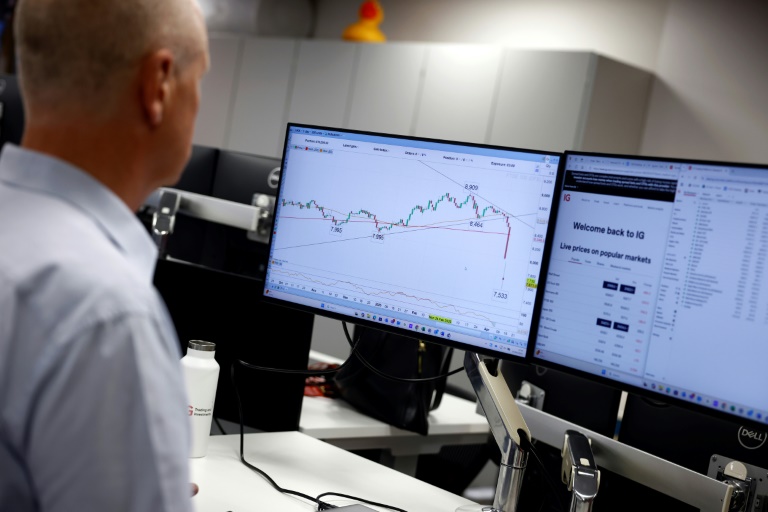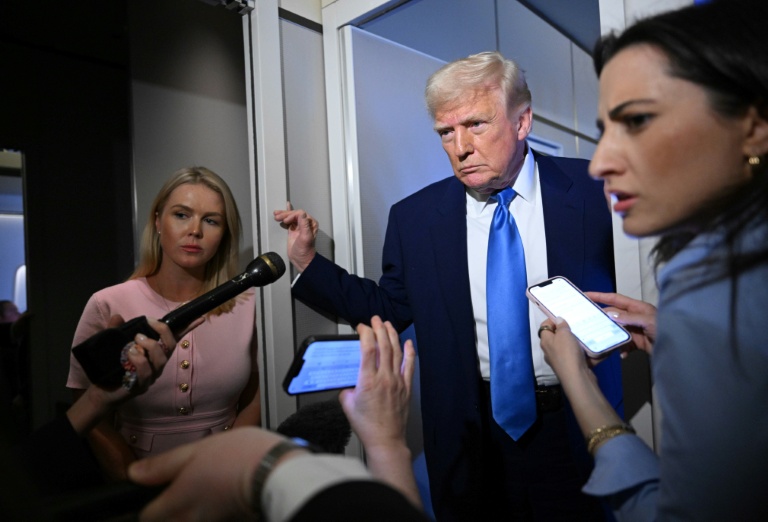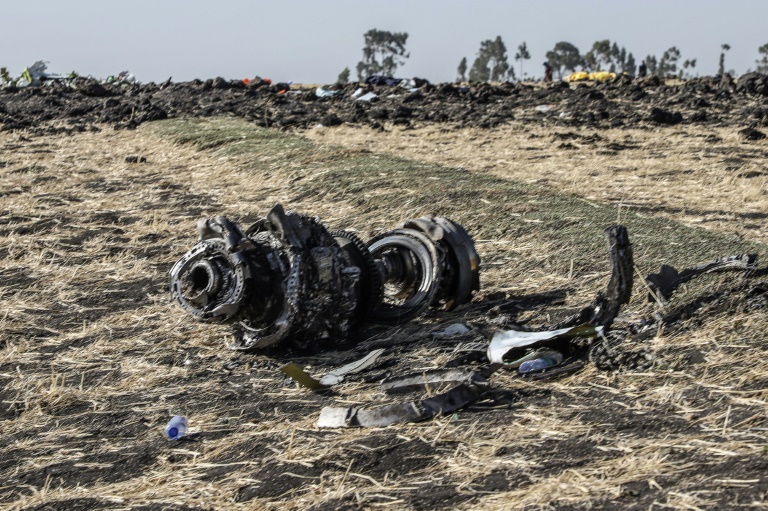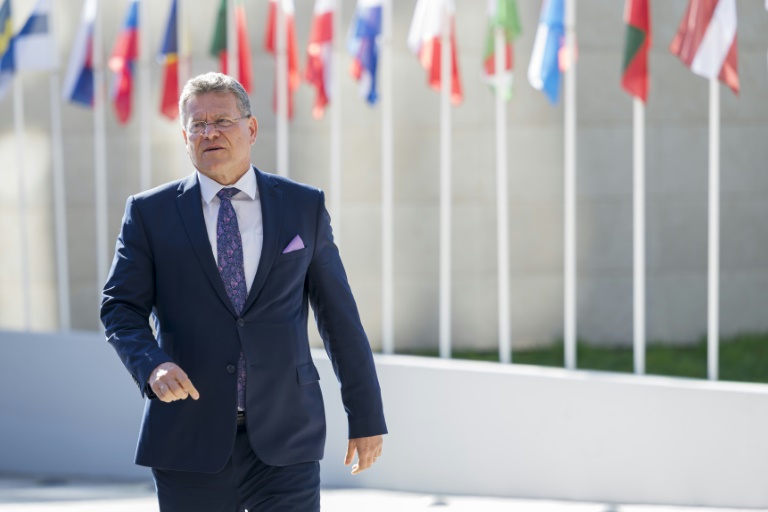Tokyo (AFP) – US President Donald Trump’s tariffs on Japanese goods are a “national crisis,” Prime Minister Shigeru Ishiba said Friday ahead of cross-party talks on mitigating the impact on the heavily export-dependent economy. Japanese firms are the biggest investors into the United States, but Trump on Thursday announced a hefty 24 percent levy on imports from the close US ally as part of global “reciprocal” levies.
The measures “can be called a national crisis and the government is doing its best with all parties” to lessen the impact, Ishiba said in parliament. He called, however, for a “calm-headed” approach to negotiations with Trump, who has also imposed 25 percent tariffs on auto imports which came into force this week. Local media reported Friday that Japanese officials were attempting to organize a call between Ishiba and Trump, who held apparently friendly talks at the White House in February.
Foreign Minister Takeshi Iwaya “strongly demanded” that US Secretary of State Marco Rubio review the “extremely regrettable” measures during talks in Brussels on Thursday, Tokyo said. Japan’s main Nikkei 225 index fell 2.75 percent on Friday, adding to a 2.7 percent drop on Thursday after the S&P 500 on Wall Street dropped by the most in a day since 2020. Ishiba told ministers “to take all measures necessary including financing support” for domestic industries and protecting jobs, government spokesman Yoshimasa Hayashi told reporters. Ishiba’s meetings with party leaders later Friday were aimed at laying the groundwork for the supplementary budget, the Asahi Shimbun daily reported.
The Japan Chamber of Commerce and Industry (JCCI) said Trump’s tariffs “would have an extremely grave impact on the Japanese economy.” “We strongly urge the government to continue its persistent negotiations for the exemption from tariff measures and to take all possible measures to minimize the impact on small and medium-sized enterprises and small businesses… by developing a detailed consultation system and strengthening cash management support,” the JCCI said Thursday. The Japan Automobile Manufacturers Association (JAMA) also called for “comprehensive support measures to ensure that Japan’s automotive industry can maintain its foundation as a manufacturing base.”
JAMA said its members have invested a cumulative total of more than $66 billion in US manufacturing as of 2024, generating over 110,000 direct US jobs and supporting more than 2.2 million others. Japanese carmakers ship about 1.45 million cars to the United States from Canada and Mexico, where they operate factories, Bloomberg News reported. By comparison, Japan exports 1.49 million cars directly to the United States, while Japanese automakers make 3.3 million cars in America.
The US deficit with Japan was almost $70 billion last year. Japan mostly exports to the United States vehicles, auto parts, machinery, and electrical and electronic equipment. US imports the other way are mostly chemicals, plastics, rubber, and leather goods, as well as agriculture products and oil and cement. The White House has said that Japan has a 700 percent tariff on US rice imports, a claim Japan’s farm minister called “incomprehensible,” local media reported.
In Japan, the auto sector employs about 5.6 million people directly or indirectly. Vehicles accounted for around 28 percent of Japan’s 21.3 trillion yen ($142 billion) of US-bound exports last year. BMI (Fitch Solutions) estimated that in a worst-case scenario, there could be a hit of 0.7 percentage points to Japan’s economy this year. Capital Economics was less pessimistic, predicting a “quite small” impact of perhaps just 0.2 percent, saying that “Japan isn’t all that dependent on US demand.”
© 2024 AFP

